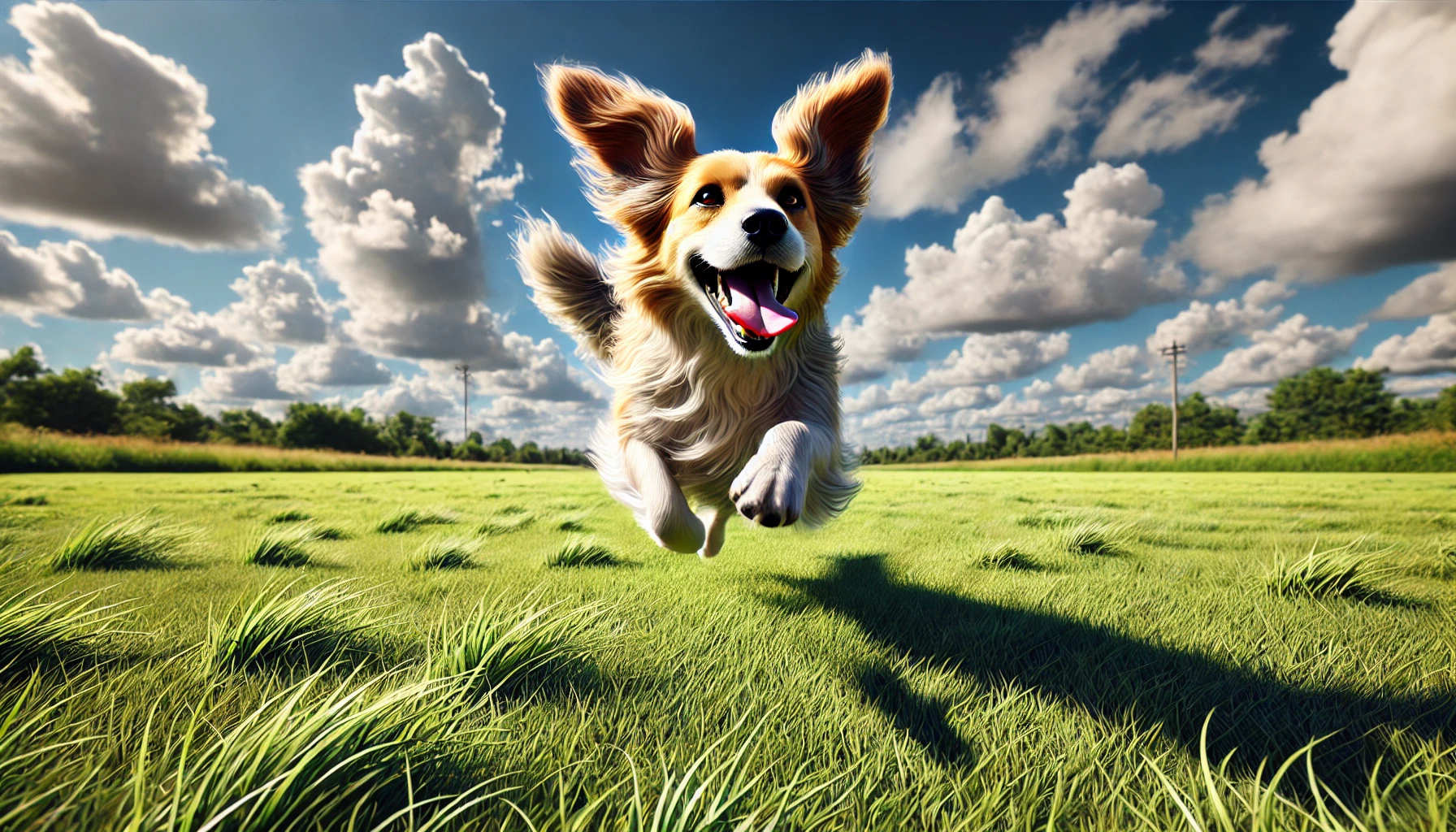When it comes to puppy house training, understanding your puppy’s needs is the first step to success. Puppies are energetic, curious, and sometimes a little stubborn. It’s essential to recognize what they require to feel comfortable and secure in their new environment. Just like humans, puppies have basic needs such as food, water, exercise, and of course, love and attention.
One of the primary needs of a puppy is a consistent routine. Puppies thrive on schedules, so establishing a regular feeding and potty break schedule is crucial for effective house training. Taking your puppy outside at set intervals will help them learn when and where it’s appropriate to relieve themselves. This consistency helps build a strong foundation for your puppy house training journey.
Socialization is another key aspect to consider. Your puppy needs to be exposed to different environments, people, and other animals. A well-socialized puppy is usually more relaxed and less anxious, making potty training easier. Additionally, spend time playing and bonding with your puppy, as this helps strengthen your relationship and builds their confidence, which can also facilitate better house training.
Finally, don’t forget about the importance of patience and positive reinforcement. Every puppy learns at their own pace, and it’s vital to provide encouragement instead of frustration. Celebrate small victories during the puppy house training process, and remember that mistakes are part of learning. By understanding your puppy’s needs and being a compassionate guide, you’ll pave the way for a successful training experience.
Create a Relaxing Environment
Creating a relaxing environment is crucial for successful puppy house training. A calm and comfortable space helps your puppy feel secure, reducing anxiety and distractions. This allows them to focus on learning. Start by choosing a quiet area in your home where the distractions are minimal. Setting up a cozy nook with a soft bed, some toys, and water can make all the difference.
Another way to enhance your puppy's environment is through consistent routines. Puppies thrive on predictability, so having set times for feeding, playtime, and bathroom breaks can promote good habits. Make sure to bring your puppy outside frequently, especially after meals and naps. This regularity not only helps with puppy house training but also strengthens your bond with your furry friend.
Lighting and temperature can also impact how relaxed your puppy feels. Ensure the space is well-lit, but not overly bright or harsh. A cozy corner with gentle lighting can encourage your puppy to unwind. Additionally, make sure the temperature is comfortable—not too hot or cold—so your puppy can feel at ease when settling down.
Finally, consider using calming sounds or scents in the space. Soft music or white noise can help drown out the sounds of the outside world, providing a soothing backdrop for your puppy. Using calming pheromone diffusers or sprays can also create a pleasant atmosphere. A peaceful environment is key to effective puppy house training, offering your puppy the confidence they need to learn and grow.
Establish a Consistent Routine
Establishing a consistent routine is crucial for successful puppy house training. Puppies thrive on predictability, and setting a schedule helps them learn when and where to go to the bathroom. Start by taking your puppy outside at the same times every day, such as after meals, playtime, and naps. This helps them understand that these moments are designated for bathroom breaks.
It's also important to keep feeding times consistent. Feeding your puppy at the same times each day will create a pattern for bathroom needs. After mealtime, take your puppy outside to their designated bathroom spot. This not only reinforces the routine but also helps them develop good habits quickly.
Don’t forget to reward your puppy when they successfully go outside! Praise them enthusiastically or give them a small treat right after they do their business outside. This positive reinforcement encourages them to repeat the behavior and makes puppy house training more enjoyable for both of you.
Finally, be patient and remain flexible. Puppies might not always get it right immediately, and accidents will happen. Sticking to a consistent routine will help your puppy learn faster, but remember that each puppy is unique and will train at their own pace. Stay committed to your schedule, and your puppy will thank you with their progress in house training.
Reward Good Behavior Generously
Timing is everything when it comes to rewarding your puppy. As soon as they finish their business outdoors, give them praise or a treat immediately. This helps create a clear connection in their mind between their good behavior and the reward. The more consistent you are with this process, the easier it will be for your puppy to grasp the concept of house training.
Remember, it’s not just about treats. Sometimes, a little playtime or extra cuddles can be just as rewarding for your furry friend. Experiment with different types of rewards to see what your puppy responds to best. By incorporating a variety of rewards into your puppy house training routine, you’ll keep the experience fun and engaging for both of you.
Be generous with your rewards, especially in the early stages of training. While it’s important to gradually reduce the frequency of treats as your puppy learns, giving them plenty of praise and rewards during the initial learning phase builds a strong, positive association with going outside. This lays the groundwork for successful puppy house training in the long run.
